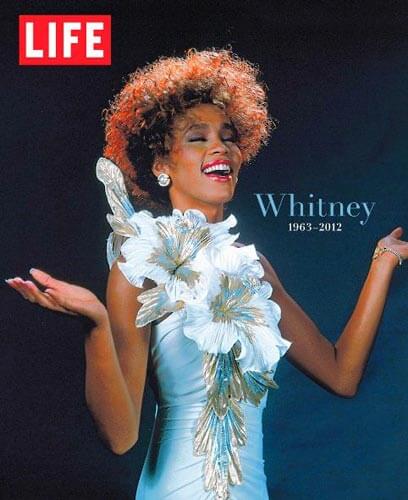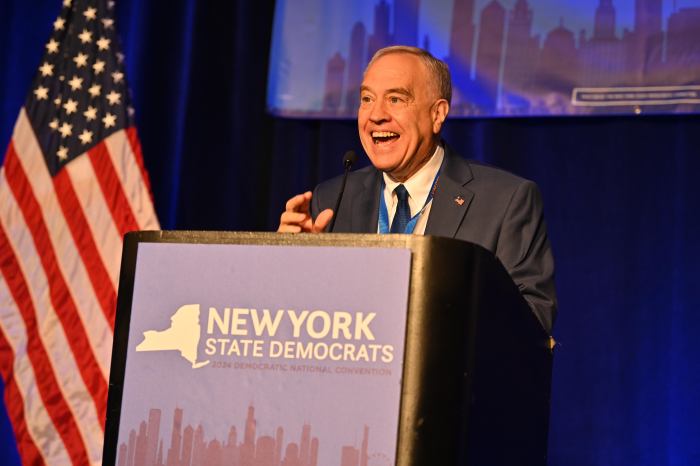Violence that followed the police-shooting death of Freddie Gray in Baltimore affected the lives of police, civilians, students, teachers, businesses and in fact every resident of Maryland.
That a curfew dictated regular routine and forced residents to stay off the streets after dark, hampered normal activities.
Producers of “Marley” a new musical play about Jamaican reggae singer Robert Nesta Marley found themselves victimized by the restriction when they were forced to curtail rehearsals for the world premiere production.
Reportedly Gray died while in police custody. He died on April 19 and the unlikely and tragic scenario sparked protests, riots and national outcry hours after his burial.
The uproar impacted Center Stage, the city’s flagship theatre, where the debut of the musical about the reggae icon was in late rehearsals during the same period.
In order to accommodate the cast and city prohition, a feverish rush to end rehearsals before the curfew had to be imposed and several preview performances for the musical were postponed.
The governor called for a state of emergency and allegedly, national guards and military personnel, horses, armored vehicles were prominent posted near the theater. Helicopters hovered overhead and media trucks dominated the surrounding landscape as the cast and crew tried to finish a work that highlighted the life of a singer who demanded equal rights and justice and specifically liberation for Black people.
Playwright and director Kwei-Armah played Marley’s song “Burnin’ and Lootin’” on his way into work on the night of the first curfew.
Marley’s music resonated even more as he drove in and out of the militarized zones.
Song lyrics that seemed to repeat were Marley’s: “This morning I woke up in a curfew / Oh God, I was a prisoner, too / Could not recognize the faces standing over me / They were all dressed in uniforms of brutality.”
“Somebody wrote these lyrics 30 years ago, somebody tapped into something 30, 40 years ago and it’s more applicable than some of the work I’ve done throughout all of my life,” Kwei-Armah said.
“It’s humbling and beautiful. It validates for me why I’m doing theater.”
Ironically Marley lived and worked in the nearby city of Wilmington, Delaware. And that tumult prevailed for more than a week forcing average citizens to demonstrate their disbelief of police reports, at the same time Marley’s lifestory was being reprised seemed pivotal to the playwright.
As the city erupted he revamped the script integrating a scene that paralleled Marley’s sentiments.
Art imitated life with the addition of a scene depicting two Black men watching footage of the Baltimore protests on a smartphone.
To truly make a make a connection, on May 2, the cast went out into the streets to give a free concert. They sang Marley’s “One Love” anthem and amplified the “One Heart…let’s get together and feel alright” chorus in order to try to help heal the city.
The play opened on May 8.
“When real life is happening around you and you’re trying to produce art, you have to submit to real life and have faith,” writer and director Kwame Kwei-Armah said.
“I’m not sure in my life that I’ll ever feel that connected or ever feel that blessed or ever feel that visceral call that theatre is about the here and now.”
Kwei-Armah is also Center Stage’s artistic director.
The musical focuses on the years 1975 to 1978 when Marley survived an attempted assassination in Jamaica and went into exile in London. It’s the first time a stage musical has used both Marley’s songs and his life story.
Suriname-born actor Mitchell Brunings portrays the dreadlocked, superstar who died May 11, 1981 in Miami, Florida.
The musical features mid –‘70s Marley albums as “Exodus,” “Kaya,” and “Rastaman Vibration,” which include the songs “Jamming,” “Three Little Birds” and “Roots, Rock, Reggae.”
“The power of Bob hits me afresh nearly every night. Suzette and I are standing at the back, seeing the audience as they respond and run onto the stage to sing with the cast ‘One Love’ in a city that needs to be one and healed,” Kwei-Armah added.
Suzette Newman, an executive producer of “Marley,” said she is working to get the musical on the road after it ends its run in Baltimore.
“We absolutely hope that it will travel and go elsewhere. We’re in the process of those discussions right now,” she said.
Until then, she and Kwei-Armah watch nightly as the audience goes from punching the air with “Get Up, Stand Up” to joining the actors onstage in the show’s emotional climax with “One Love.”
The play ends there on June 14.
Catch You On the Inside!




















